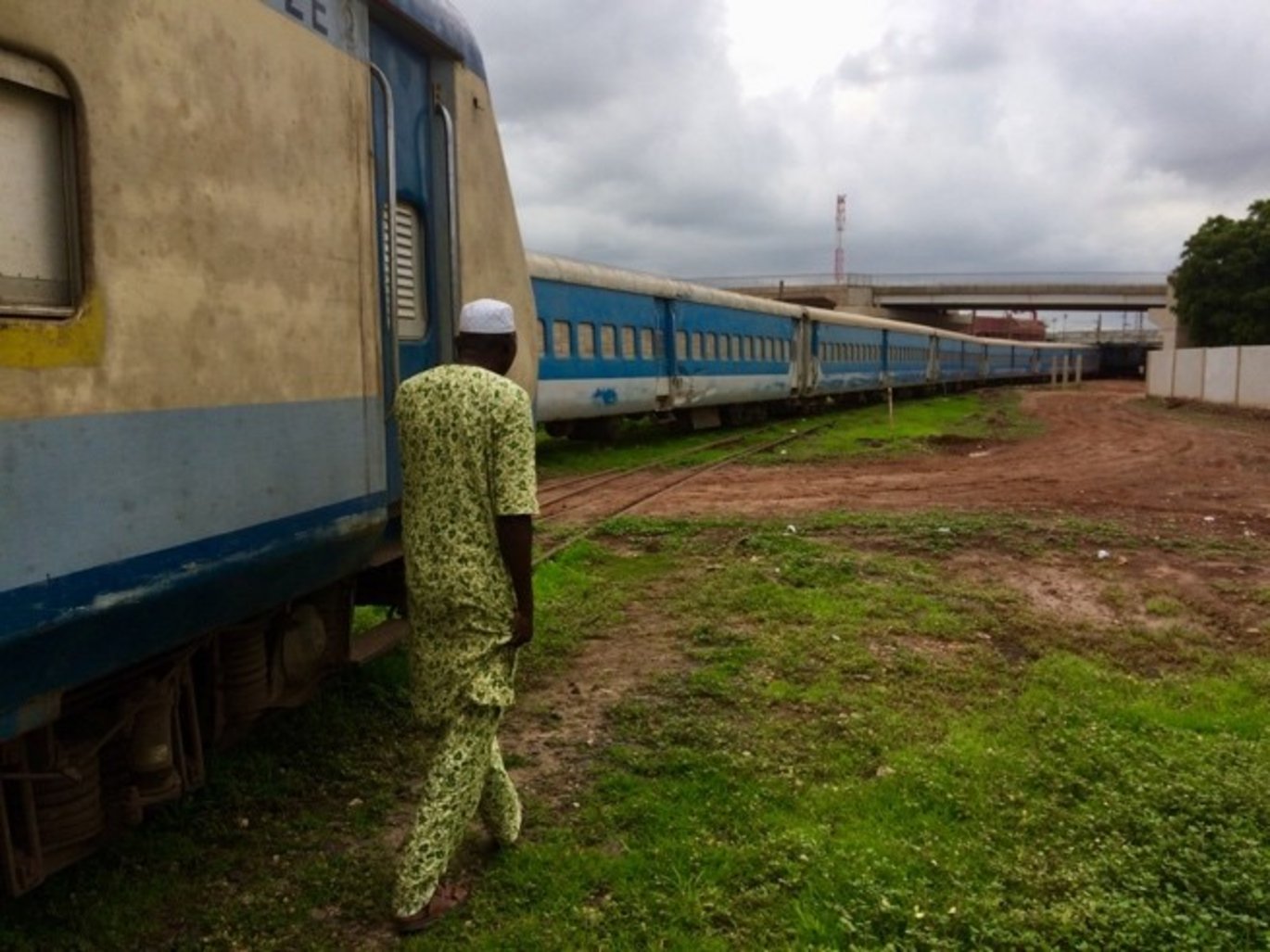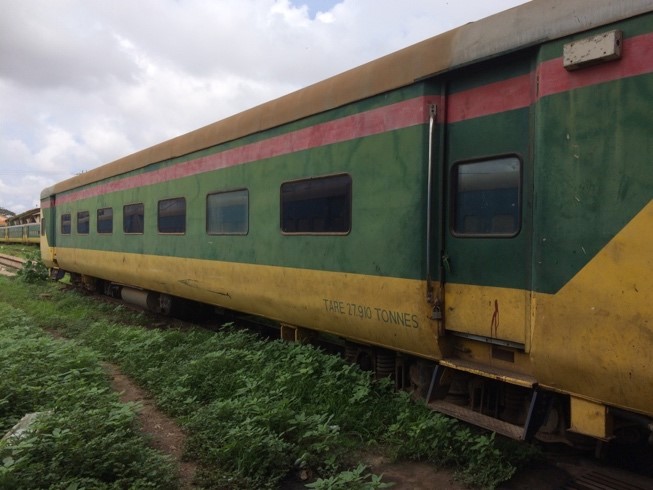"The politicians don’t master the tools of their trade".
Quote and photo from the field. By ESR Charline Kopf.

All ESR's are on fieldwork in various parts of Africa in 2019. As part of the dissemination they will be sending a photo and a quote from the field while they are away.
-------------------------------------------------------
This photo and quote from the field comes from ESR Charline Kopf who is doing her fieldwork in Senegal on colonial railways, logistical infrastructure, and security. Read more about her research here.
« Les politiciens ne maîtrisent pas les outils de leur métier. »
‘The politicians don’t master the tools of their trade. This is particularly the case with the Ministry of Transport. You must be able to respond to a difficult situation and the citizen’s concerns over the material with which you work. It's your job. If there is a customer on board of the train and he is worried about a strange sound that he hears, I have to be able to reassure him and diagnose the problem even if I cannot fix it right away. You see, I know the material and tools with which I work. You have to get by with what you have, be ingenious and resourceful. Whether it is about operating a train or exercising politics.’
- Mamadou,[1] September 2019, Senegal.
Mamadou is one of the railway men of the suburban train in Senegal. As the workers have not received their salaries in the last two months, they first announced a ‘gradual’ and then an ‘indefinite’ strike. Since the start of the construction of the French express train (TER) which many local inhabitants consider to be a neocolonial, techno-financial scandal, the little suburban train had to reduce its service drastically, losing most of its customers. While for some, the new TER holds the promise of a better, more globalised future, the situation of the railway men is one of material and mental suspense: The suburban train will probably be replaced by the TER leaving its employees with an uncertain future.
Amidst these moments of confusion and vagueness, the union members and workers of the different railway companies running on the same tracks organise strikes together that take on transnational dimensions as they involve their colleagues in Mali and France as well as the support of international union federations. In the field, their ‘mouvement’ involves the opposite of physical activity. To make themselves heard by the Senegalese state regarding their unpaid salaries and the indemnities they are yet to receive, they ‘block the national economy’ by using wagons to obstruct the main railway track upon which also the two major mining companies rely to transport their material. It is rather a silent, mounting resistance as they are patiently waiting in the railway depot and in the worn-out wagons for a reaction from the political authorities while drinking attaya.

[1] Pseudonym.